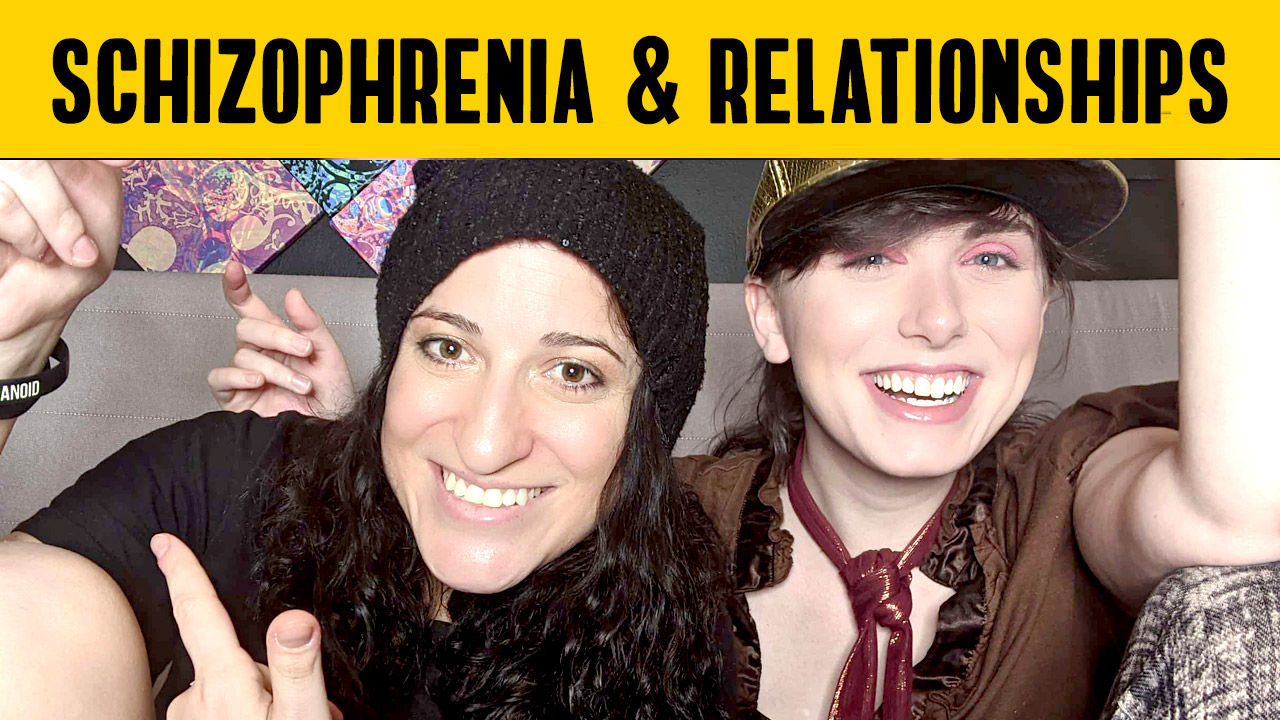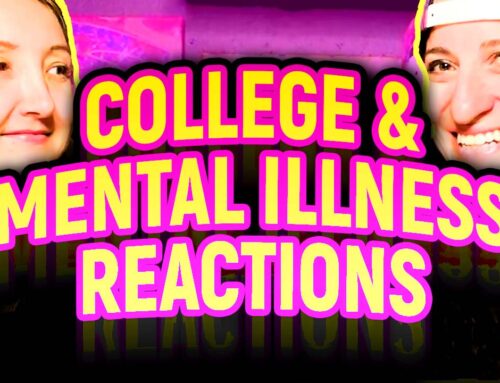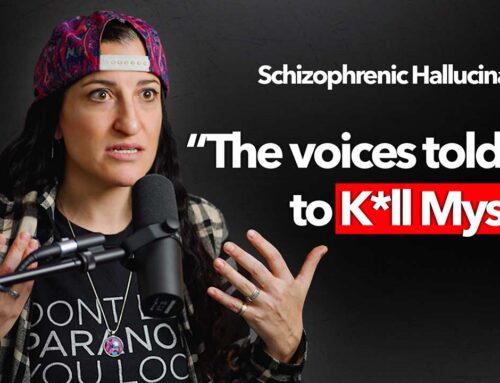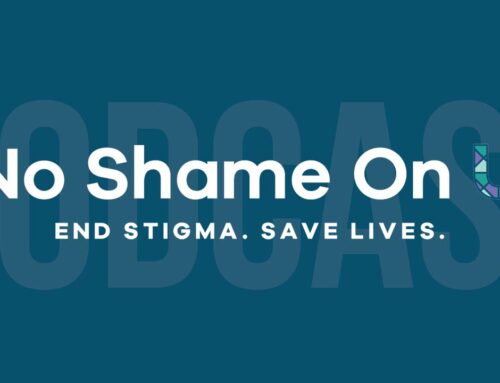Schizophrenia and Relationships
In this episode of Schizophrenia and the City, Michelle Hammer from Schizophrenic.NYC and Cecilia McGough from Students With Psychosis discuss relationships. Even before the advent of the COVID-19 pandemic, isolation has been a prevalent issue in the psychosis community. For Cecilia, just getting out of bed was hard enough and led her to not attend events with her friends. In addition, she struggled with self-care and hygiene, and as a result felt embarrassed in front of other people. These factors led her to become isolated. For Michelle, social interaction triggered her paranoia: she constantly thought that everybody hated her, and so preferred to stay away from people. She felt that if she said anything at all to anyone, the world would know all her secrets and she would be exposed as a fraud of sorts. Cognitive symptoms also sometimes impeded her ability to interact with people, because she would be confused and unable to follow what others were saying. People are so often judged by how well they can articulate thoughts and engage in conversation, but there are some people whose psychosis prevents them from doing so, even though their thoughts are just as valid as everyone else’s. In loud, crowded spaces, Cecilia experienced hallucinations that drowned out all the conversations and made it hard to focus on what people were saying. Cecilia was even told by a “friend” that they were not comfortable being around her because they didn’t know what was going on inside her head. Even so, it is okay to lose friends who clearly don’t respect you for who you are: you are better off without them.
When dating people, Cecilia finds it easiest to reveal her schizophrenia at the very beginning, rather than treat it like a dark secret. That way, it is easier to weed out the people who are not comfortable with dating a schizophrenic. Michelle also has to deal with the issue of whether or not to tell people she is dating that she has schizophrenia. Both of them have found that people with education on mental health (such as psychologists or psychiatrists) are much easier to talk to about schizophrenia than average people. The key is to communicate: there is no benefit to either partner hiding anything about themselves. In addition, it is not good to become overly depending on the partner. If you have a support network of multiple people, if one of those people disappears the others can pick up the weight. Nobody deserves to be alone their entire life, and so one should never let mental illness or stigma towards mental illness get in their
Schizophrenia And The City
The Podcast
Schizophrenia And The City Hosts
Schizophrenia And The City is a podcast and video series hosted by two New York City women.

Michelle Hammer is a Schizophrenia Activist and spends her time passionately fighting stigma. At 27, Michelle decided to use her artistic talents and fearless personality to do something that could benefit the mental health community. In May 2015, she founded a mental health focused clothing brand. Schizophrenic.NYC is a clothing brand with the mission of reducing stigma by starting conversations about mental health. Michelle has also been featured in many publications such as Mashable, The Daily Mail, Stylist, and Buzzfeed.

Cecilia McGough is a New York City-based mental health activist, writer, media consultant, and radio astronomer. Cecilia also happens to have schizophrenia but does not let her diagnosis define her. Cecilia is the founder and executive director of the nonprofit Students With Psychosis and content creator for the I Am Not A Monster: Schizophrenia project. As a TEDx speaker and Special Books By Special Kids interviewee, Cecilia’s videos have been viewed over 20 million times over multiple platforms across the globe and featured in Forbes, Glamour UK, Barcroft TV, and CBS This Morning national news.





